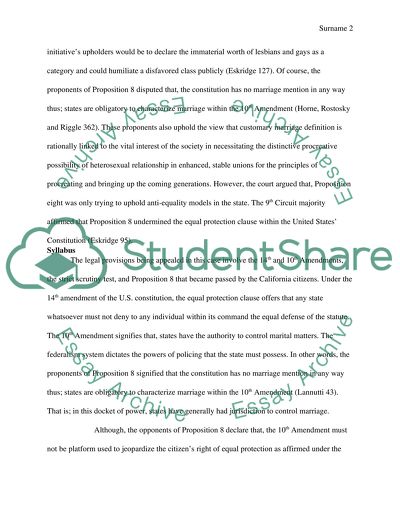Cite this document
(“Justice Opinion on Hollingsworth v. Perry Essay”, n.d.)
Justice Opinion on Hollingsworth v. Perry Essay. Retrieved from https://studentshare.org/law/1461471-justice-opinion-on-hollingsworth-v-perry
Justice Opinion on Hollingsworth v. Perry Essay. Retrieved from https://studentshare.org/law/1461471-justice-opinion-on-hollingsworth-v-perry
(Justice Opinion on Hollingsworth V. Perry Essay)
Justice Opinion on Hollingsworth V. Perry Essay. https://studentshare.org/law/1461471-justice-opinion-on-hollingsworth-v-perry.
Justice Opinion on Hollingsworth V. Perry Essay. https://studentshare.org/law/1461471-justice-opinion-on-hollingsworth-v-perry.
“Justice Opinion on Hollingsworth V. Perry Essay”, n.d. https://studentshare.org/law/1461471-justice-opinion-on-hollingsworth-v-perry.


